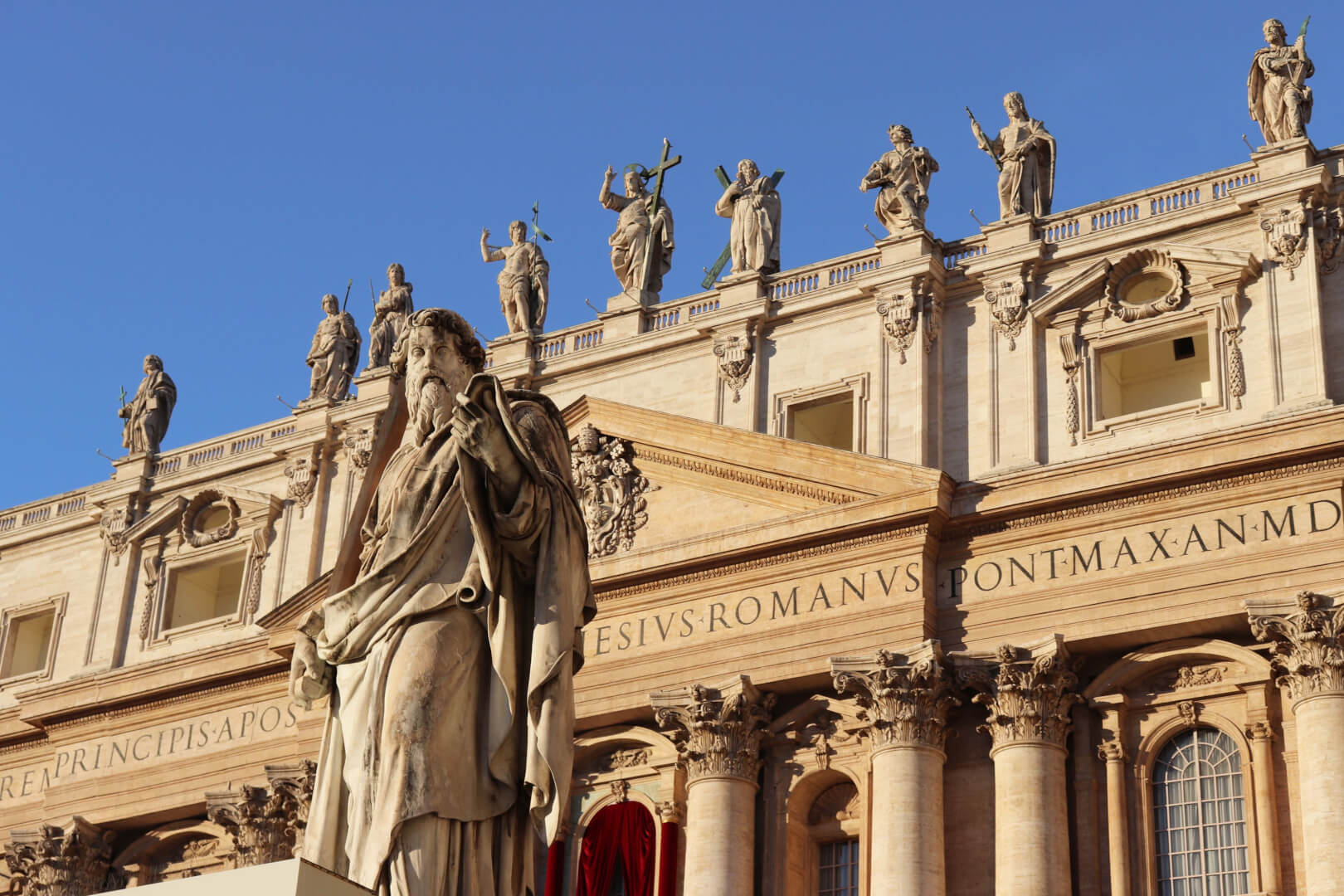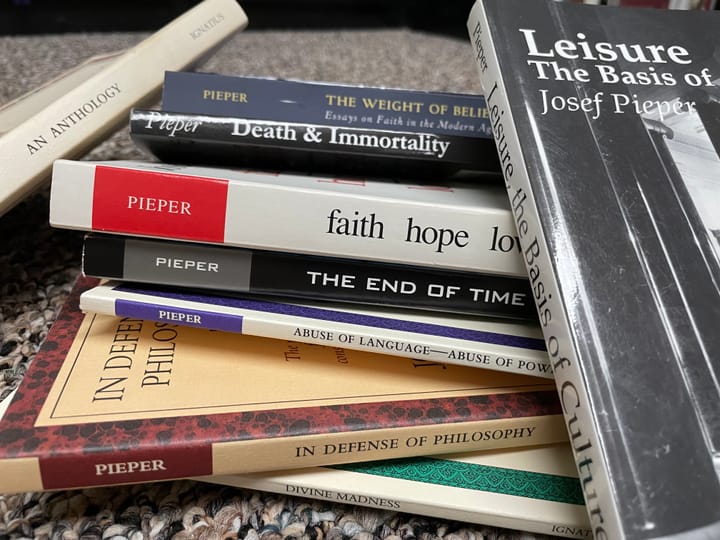Six Potential Apparition Conclusions
From the conclusion of the Vatican's new norms for discerning apparitions

16. The discernment of alleged supernatural phenomena may reach conclusions that are usually expressed in one of the terms listed below.
17. Nihil obstat – Without expressing any certainty about the supernatural authenticity of the phenomenon itself, many signs of the action of the Holy Spirit are acknowledged “in the midst”[18] of a given spiritual experience, and no aspects that are particularly critical or risky have been detected, at least so far. For this reason, the Diocesan Bishop is encouraged to appreciate the pastoral value of this spiritual proposal, and even to promote its spread, including possibly through pilgrimages to a sacred site.
18. Prae oculis habeatur – Although important positive signs are recognized, some aspects of confusion or potential risks are also perceived that require the Diocesan Bishop to engage in a careful discernment and dialogue with the recipients of a given spiritual experience. If there were writings or messages, doctrinal clarification might be necessary.
19. Curatur – While various or significant critical elements are noted, at the same time, the phenomenon has already spread widely, and there are verifiable spiritual fruits connected to it. In this situation, a ban that could upset the People of God is not recommended. Nevertheless, the Diocesan Bishop is asked not to encourage this phenomenon but to seek out alternative expressions of devotion and possibly reorient its spiritual and pastoral aspects.
20. Sub mandato – In this category, the critical issues are not connected to the phenomenon itself, which is rich in positive elements, but to a person, a family, or a group of people who are misusing it. For instance, the spiritual experience may be exploited for particular and undue financial gain, committing immoral acts, or carrying out a pastoral activity apart from the one already present in the ecclesiastical territory without accepting the instructions of the Diocesan Bishop. In this situation, the pastoral leadership of the specific place where the phenomenon is occurring is entrusted to the Diocesan Bishop (or to another person delegated by the Holy See), who, if unable to intervene directly, will try to reach a reasonable agreement.
21. Prohibetur et obstruatur – While there are legitimate requests and some positive elements, the critical issues and risks associated with this phenomenon appear to be very serious. Therefore, to prevent further confusion or even scandal that could erode the faith of ordinary people, the Dicastery asks the Diocesan Bishop to declare publicly that adherence to this phenomenon is not allowed. At the same time, the Diocesan Bishop is asked to offer a catechesis that can help the faithful understand the reasons for the decision and reorient the legitimate spiritual concerns of that part of the People of God.
22. Declaratio de non supernaturalitate – In this situation, the Dicastery authorizes the Diocesan Bishop to declare that the phenomenon is found to be not supernatural. This decision must be based on facts and evidence that are concrete and proven. For instance, if an alleged visionary admits to having lied or if credible witnesses provide elements of proof that allow one to discover that the phenomenon was based on fabrication, an erroneous intention, or mythomania.
23. In light of the aforementioned points, it is reaffirmed that, as a rule, neither the Diocesan Bishop, nor the Episcopal Conferences, nor the Dicastery will declare that these phenomena are of supernatural origin, even if a Nihil obstat is granted (cf. Par. 11, above). It remains true, however, that the Holy Father can authorize a special procedure in this regard.





